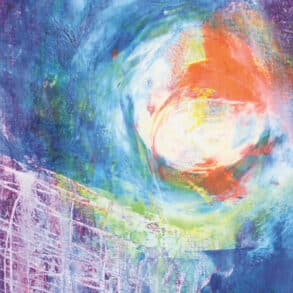Robinson Crusoe befriends a ‹savage›. In the existentialism of his situation, he overcomes the cultural boundaries that would have made ‹Friday› a slave. He gains a human friend. When a young acquaintance suddenly had a tumor in her head, all our quarrels became null and void. Our trivialities and emotional constraints fell silent.
Existential situations nullify habits and comforts. They raise essential questions and open up a fragile space that extends beyond oneself. The less they have to do with selfishness, which is never really existential, the more these gates lead into a fundamental and unifying depth – or vastness. It is liberating for the dull armor of what we take for granted to break open in pain. It is also necessary for one person to stand by another in a situation of existential loneliness, even though they do not share the same fate. For both of them, being human becomes different and can be seen in a new way.
The global attack on human existence by humans that exists today in the form of climate change is an exceptional historical situation. Existentialism has become collective, even if it doesn’t feel like we were ever stranded alone on an island. How can we face this fact more easily? Perhaps by seeing the humanity in it. In every form of existentialism, the essence of human beings can look at itself, redefine its values, its meaning, and its will to be. Therein lies the transition from creature to creator.
Cover photo: Georgia de Lotz from unsplash









